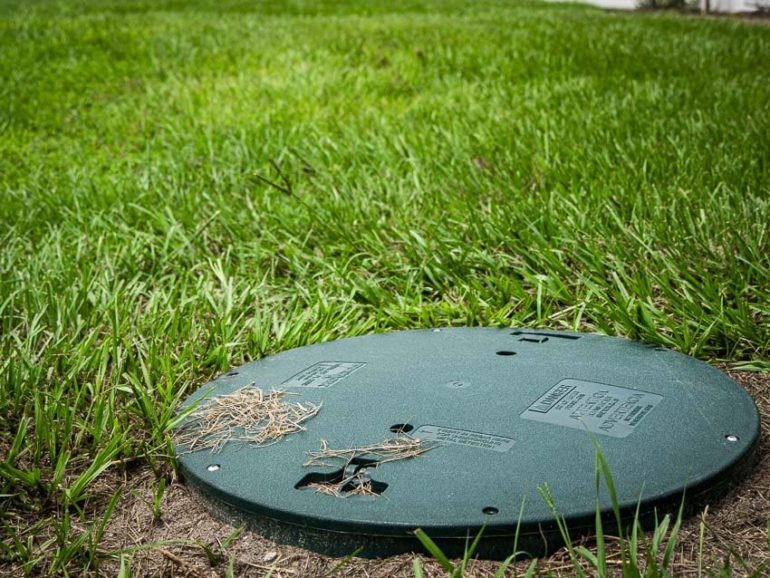Septic Tank Pumping: Prevent Costly Repairs
Read More
Schedule Online
919-213-8469

Jun 28, 2022
You grew up on a farm surrounded by fields with corn stalks the size of your arm. Tree branches were leaning against the house, and oak leaves littered the yard. Now that you've moved to the city, you want to bring a piece of paradise into your garden, so you plant trees and bushes around your house. Big mistake. Know how to plant correctly to avoid these landscape mistakes if you have septic tanks and drain fields. Septic Blue of Raleigh can help answer all septic tank pumping and septic tank repair questions.
Avoid planting trees and shrubs within three feet of your septic tank. These plants can steal nutrients from your soil and root systems that could otherwise be used to treat wastewater before being discharged into the environment. In addition, when roots grow near your drain field, they can limit its effectiveness and clog lines leading to the drain field.
Placing trees or bushes directly over or near septic tanks and drain fields. Tree roots can easily break through the concrete of your tank or drain field, allowing sewage to leak into the ground around your home. The same goes for placing rocks or gravel directly over drain fields — they can clog and cause backups in your plumbing system.
Using too much mulch around septic systems and drain fields prevents oxygen from reaching the soil below, creating anaerobic conditions where bacteria thrive in low-oxygen environments. This bacteria breaks down organic matter in an anaerobic digestion process, which releases methane gas as a byproduct of decomposition. Methane is highly flammable and dangerous if released into enclosed spaces.
Heavy machinery compacts soil and causes it to shrink around pipes, which can lead to clogging or even damage. In addition, heavy machinery can cause erosion that leads to sedimentation in your drain field, which will affect its performance.
The best way to clear your drains is using a hand tiller or rototiller instead of heavier equipment like tractors or ATVs. The same goes for other landscaping tasks like digging holes for trees or shrubs; use a shovel instead of an excavator to avoid damaging pipes buried underground.
If you use heavy equipment on your property, ensure there are no buried pipes. Always call Septic Blue of Raleigh after significant landscaping projects or repairs involving digging into the ground or compacting the soil.
Septic tanks and drain fields handle small amounts of solids and liquids. If you use your property for agriculture or livestock, you may be putting your septic system at risk. These activities can cause large amounts of waste to enter the drain field and overload the primary and secondary treatment systems. This can cause backups in the pipes leading from your home to the septic tank or drain field, damaging your home and yard. If you have livestock on your property, consider fencing them off from areas close to your home's plumbing system, so they don't disturb it by digging or trampling over it.
Parking vehicles on top of drain fields is a common mistake that homeowners make. When you have a septic tank or a drain field, you must ensure not to park your vehicles on the ground above it. This is because parking a car or truck over a drain field will compact the soil and cause problems with the system.
In addition to compaction, the weight of the vehicle can also cause damage to the actual drainage pipes. Parking over a septic tank or drain field can cause damage to the pipes and can even lead to leaks in your system. This kind of problem could result in expensive repairs and even replacement of parts that may be necessary if you allow your vehicle to park over an existing drain field or septic tank.
Septic Blue of Raleigh has your best interest in mind. If you have any questions, ask. If you need septic tank pumping or septic tank repair, we are ready to help.